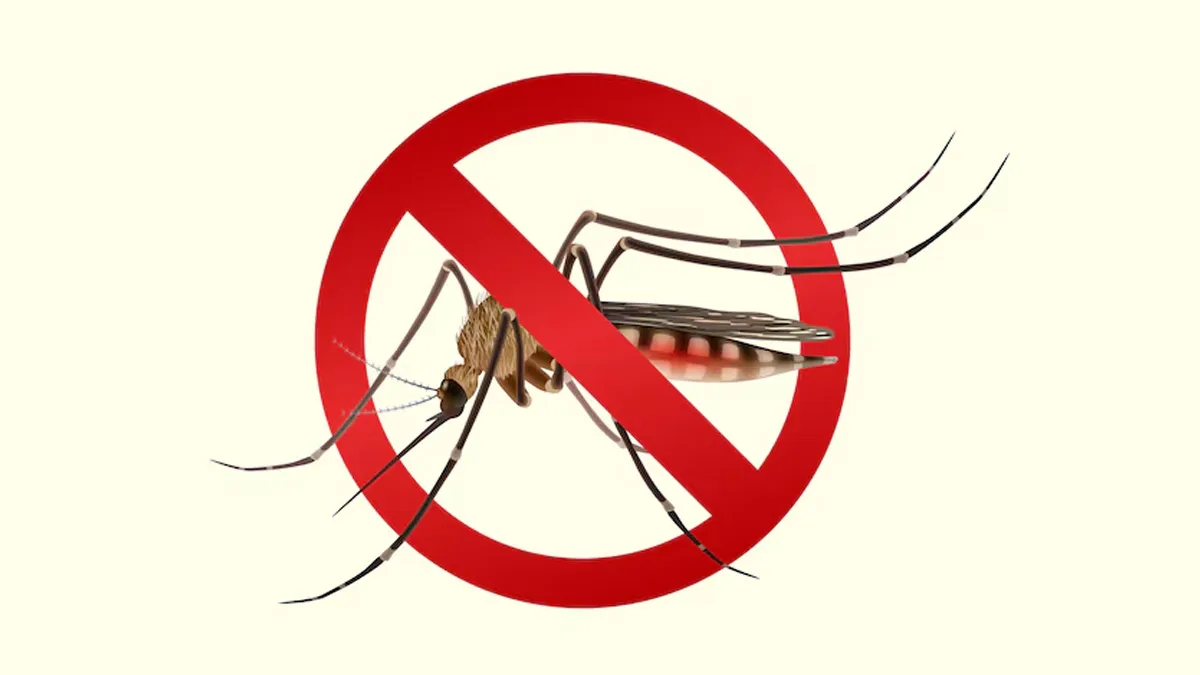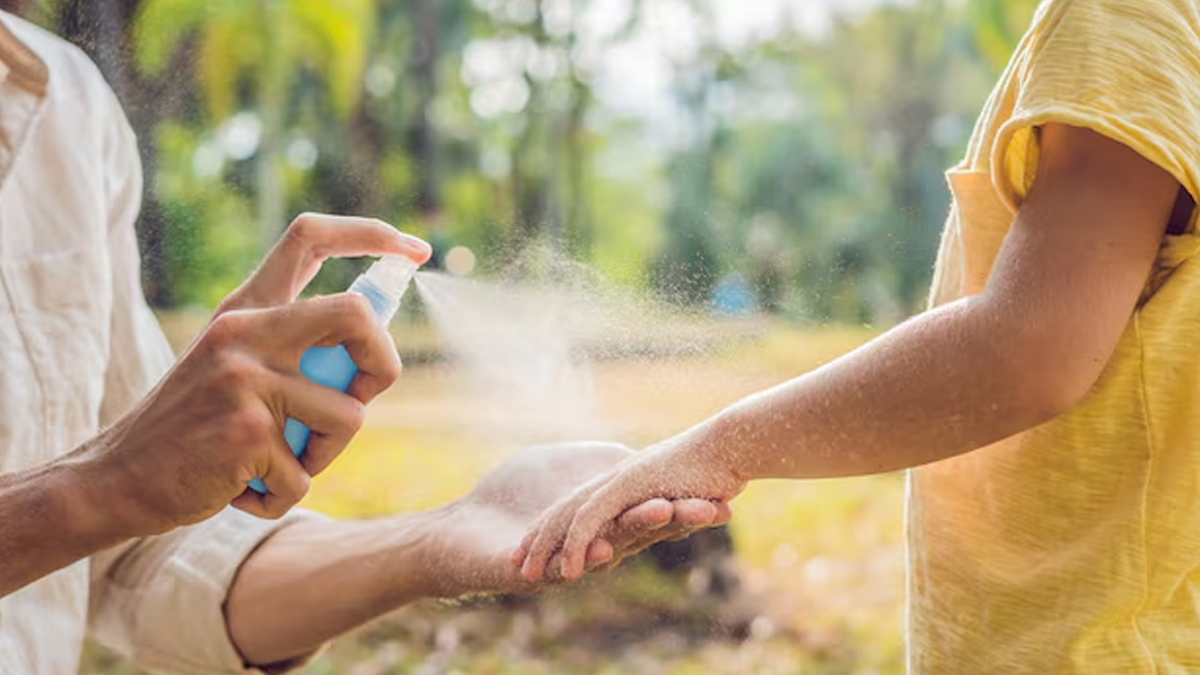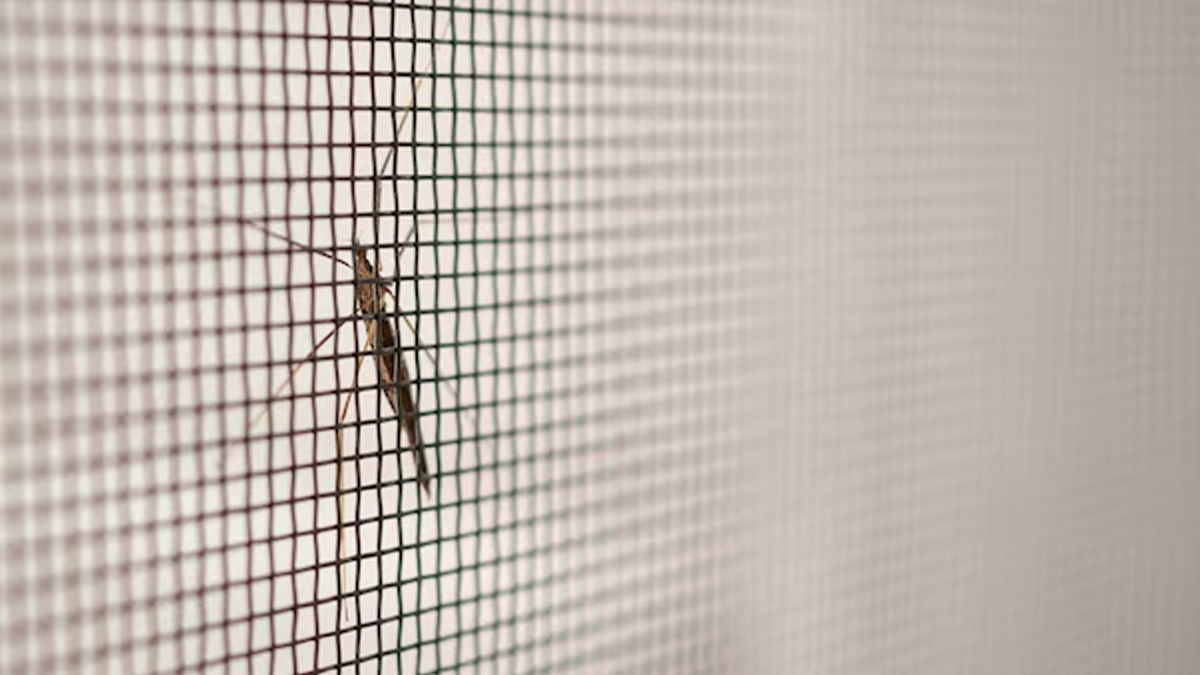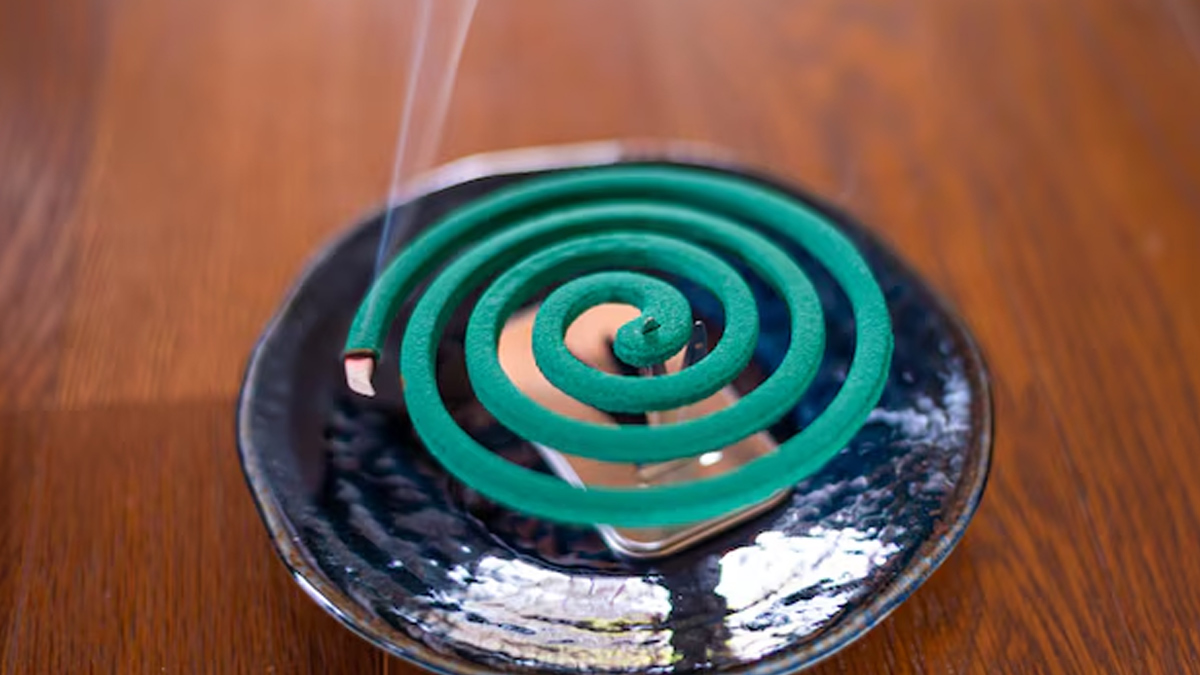
It’s surprising how something as small as a mosquito can cause such big trouble. One bite is all it takes for malaria to spread; a disease that can start like a regular fever but quickly get serious. This disease, caused by the bite of an infected Anopheles mosquito, can be life-threatening if not prevented or treated early. The good news? With a few simple, practical habits, you can protect your home and your loved ones.
Table of Content:-
We spoke to Dr Rituja Ugalmugle, Internal Medicine, Wockhardt Hospitals, Mumbai Central, who shared simple tips to help you keep your home safe and your loved ones healthy this season.
Tips To Prevent Malaria In Summer
1. Use Mosquito Nets and Repellents

The simplest line of defence is often the most effective. Ensure all family members sleep under a mosquito net, especially the young and elderly. Apply mosquito-repellent creams or sprays on exposed skin during the day and night.
2. Eliminate Stagnant Water
Mosquitoes don’t need much space to breed, even a tiny puddle or the water collected in your cooler tray can become a nursery for them. “Empty and clean out water from plant pots, flower vases, buckets, air coolers, and trays under the refrigerator. After it rains, do a quick walk-around to check for any water collection in your garden, on terraces, or even in old tyres or containers,” advised Dr Ugalmugle.
Cover overhead tanks and outdoor water storage to keep them mosquito-proof. Prevention starts with these small but important details.
Also Read: Malaria, Dengue, And Chikungunya: Expert Explains The Differences And How To Prevent Them
3. Install Mesh Screens

Cover windows and doors with fine mesh screens to prevent mosquitoes from entering your home. These fine nets allow ventilation without letting mosquitoes sneak in. Check the mesh regularly for holes or tears and repair them promptly.
According to a 2023 study, using Insecticide-Treated Mosquito Nets (ITNs) is one of the most effective methods for preventing malaria. Long-Lasting Insecticidal Nets (LLINs) can significantly decrease the incidence of malaria.
4. Wear Protective Clothing
“Consider wearing long pants, full-sleeved shirts, and socks during dusk and dawn when mosquitoes are most active. Light-coloured clothing is better, as mosquitoes are drawn to dark shades. For children, opt for loose cotton clothes that are breathable and cover enough skin,” added Dr Ugalmugle.
5. Maintain Hygiene
Keep your home and surroundings clean. Use disinfectants while mopping floors and ensure garbage is properly disposed of to avoid attracting insects. Ensure garbage is disposed of daily, bins are covered, and there’s no food lying around that can attract pests.
6. Use Insecticides Responsibly

Indoor mosquito sprays, coils, vaporisers, and plug-in repellents can all be useful, but only when used properly. Keep them away from children's reach and never leave them running unattended. Ventilate rooms after using sprays, and always follow instructions on the label.
7. Stay Informed
“Check for any malaria outbreaks in your area. If someone in your family develops symptoms like high fever, chills, fatigue, or vomiting, don’t self-medicate. Visit a doctor immediately. Early diagnosis and treatment can prevent complications,” warned Dr Ugalmugle.
According to the World Health Organization, malaria is a serious illness that necessitates medical treatment. Prompt diagnosis and treatment of malaria help reduce the severity of the disease, prevent fatalities, and lower transmission rates. WHO advises that all suspected malaria cases should be verified using parasite-based diagnostic methods, which include microscopy or rapid diagnostic tests.
Bottomline
Preventing malaria starts with awareness and consistent action. With simple, everyday measures, you can ensure your home stays safe and mosquito-free this season.
[Disclaimer: This article contains information provided by an expert and is for informational purposes only. Hence, we advise you to consult your professional if you are dealing with any health issues to avoid complications.]
Also watch this video
How we keep this article up to date:
We work with experts and keep a close eye on the latest in health and wellness. Whenever there is a new research or helpful information, we update our articles with accurate and useful advice.
Current Version